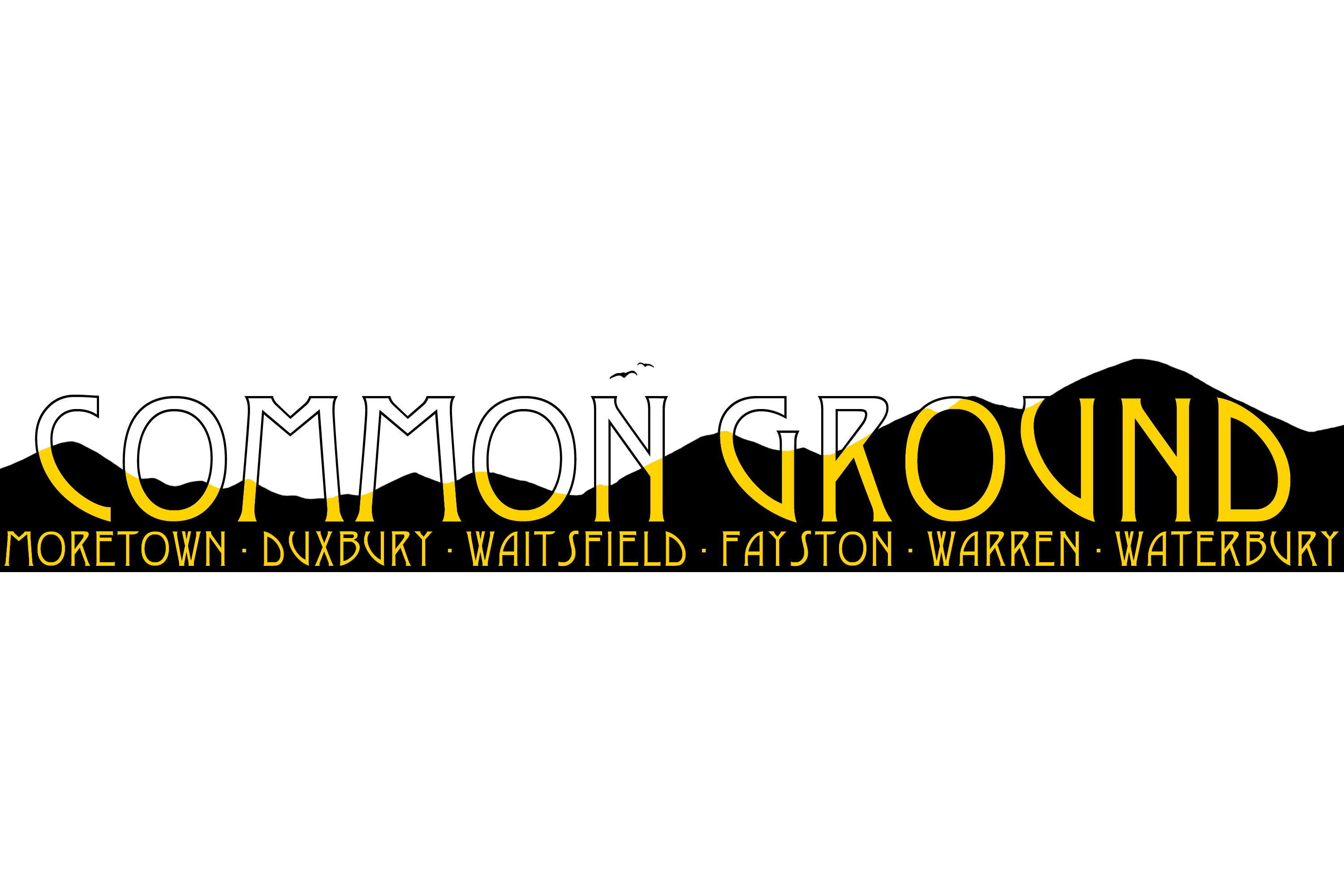All-school Dialogue
Student voice is not an end; it is the best means available toward the achievement of our values.
• “That was awesome!”
• “We should do this more — just not so long.”
• “This was great, but will it result in anything being different?”
• “Listening and talking with students and teachers I didn’t know was a positive experience; everyone was very respectful.”
• “Mixed grades was a value added; it was helpful to hear about the experiences of older students.”
On April 1, about 625 students and 85 faculty and staff simultaneously participated in a facilitated dialogue that spanned almost three hours.
The idea for the dialogue stemmed from a variety of factors that serendipitously aligned.
• The Harwood Youth and Adults Transforming Schools Together had a bank of student and teacher data that highlighted differences in perspectives related to our learning environment.
• A variety of student groups had been raising concerns to administration related to communication and authentic student voice.
• A course for students and teachers called “Communicating School Redesign” sparked a call to action in promoting awareness and understanding of Act 77 — Flexible Pathways and Personalized Learning.
• Harwood Union became a recipient of the Personalized Learning Initiative Grant sponsored by the New England Secondary Schools Consortium and the Great Schools Partnership — a grant that supports the development of personalized learning.
• Eight teachers and 15 students attended the consortium’s High School Redesign in Action conference both as presenters and attendees.
What was the purpose behind the dialogue? To provide students and teachers an opportunity to share their perspectives about relationships and relevance of teaching and learning in a safe and respectful way. It was intended to build community. It was designed as a collective discovering of our strengths and challenges as a learning organization, and to think of ways to make improvements. Simply put, it was powerful.
In early March, Daniel Baron, co-founder of the School Reform Initiative and nationally recognized facilitator and trainer, conducted a half-day workshop to prepare student and teacher volunteers interested in leading an interactive dialogue, using two protocols: Wagon Wheels and Critical Friends.
The Wagon Wheel was a brainstorming session. Participants could interact one-on-one with four different partners to gain a common understanding of the topic and then brainstorm what it would look like in action.
Critical Friends widened the discussion to a group of four and allowed the participants to reflect on essential questions related to the topic and then discuss implications.
Facilitators were responsible for allowing adequate think time and equity of voice. The process closed by following two steps — systematically collect the input, then debrief the process.
The topics of focus were related to two essential questions:
• Why are relationships important to the teaching and learning process, and what can we do at Harwood to improve relationships between youth and adults?
• What does it take for learning to be meaningful and relevant (to you) and what can we do at Harwood to make learning more relevant for everyone?
Now, it is time to take action. Within a week of the dialogue, a group of students and faculty spent an afternoon collating the suggested action steps, then categorizing them by themes, such as activities, communication and feedback. Suggestions were listed by most to least mentioned.
The results will soon be shared, along with a process for fine-tuning and implementing suggestions. This in itself requires a different call to action.
It is relatively simple to organize people and share ideas about how to change the system. However, to actually build the bridge to a new way takes a conscious effort — participation by all members of the organization. Students and faculty/staff must be willing to commit the time and energy to meet, plan and put to use the available resources in building this bridge.
Through words and actions, they must be willing to carry out the collective commitments we make. The opportunity is here.



